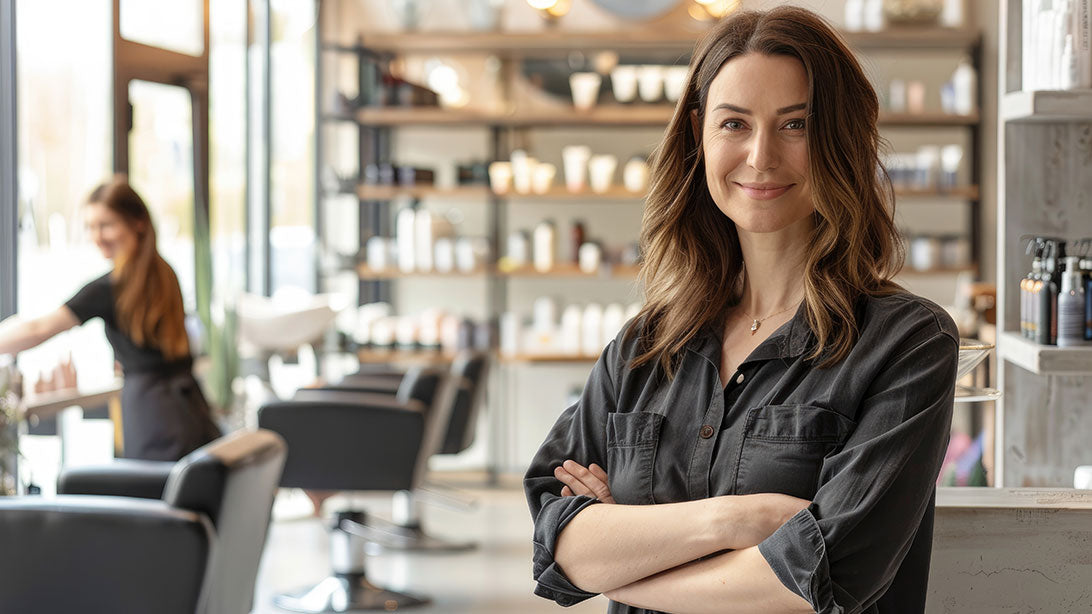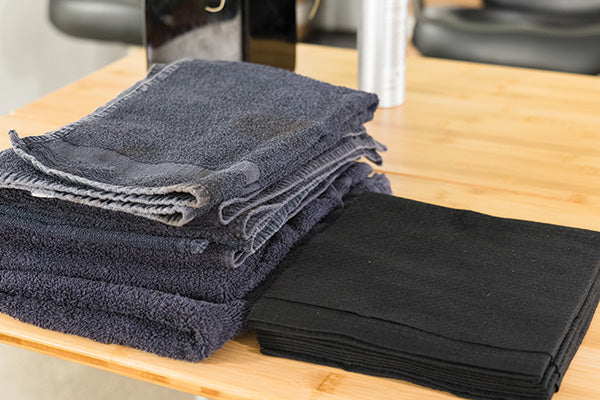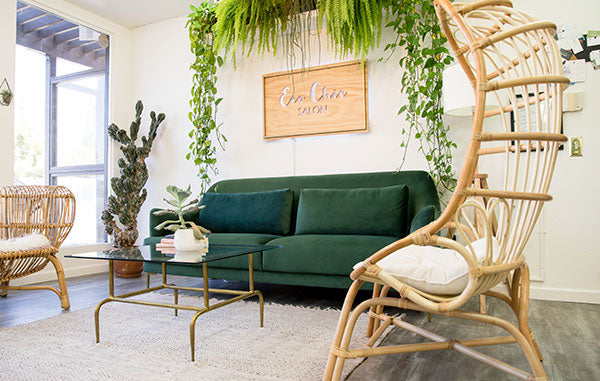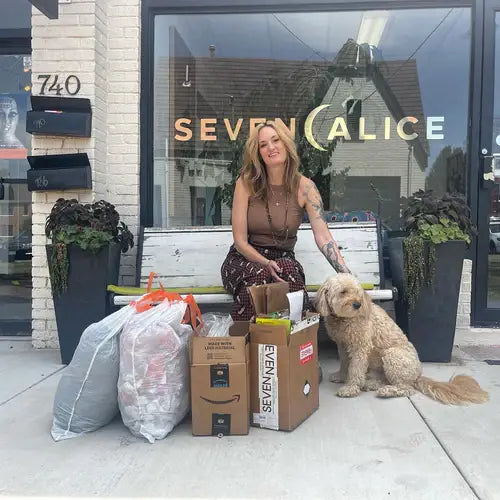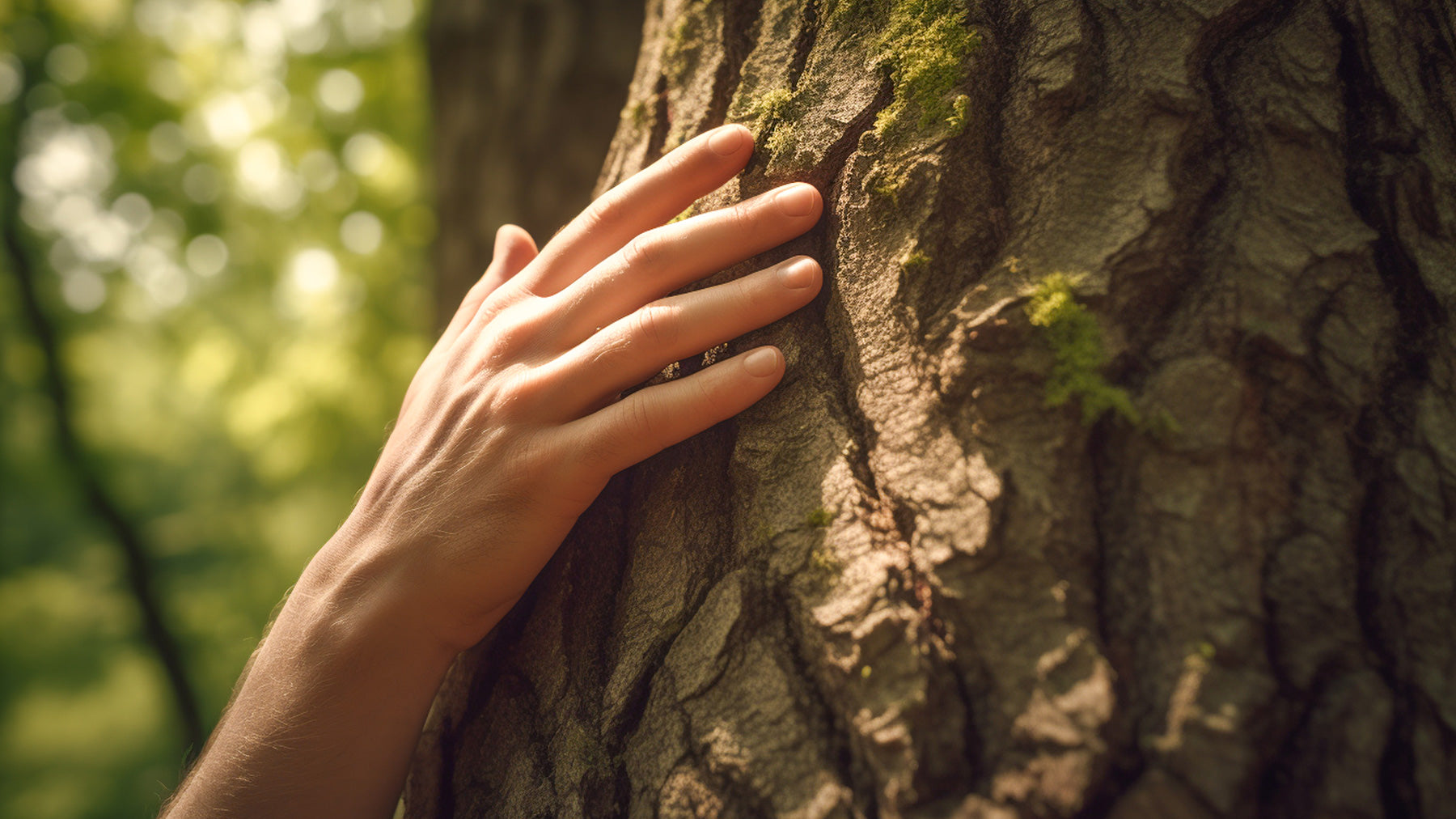We all know someone who has walked away from their dream career in beauty because it made them ill. Persistent, painful dermatitis, frightening asthma, chronic fatigue, and splitting headaches have diverted some of the most talented young cosmetologists from their vocation. It almost dashed the hopes of Shelby Neubacher, owner of Sparrow Hair in Santa Rosa, CA, who became ill before she even qualified. The problem is the chemicals.
Used in a whole host of services, individually or as a combination, they affect our health and the health of the planet. Scientists at the best manufacturers and suppliers are working hard to come up with alternatives, but until they do the only option professionals have is to limit exposure as much as possible.
Work with wise people
After graduating, Shelby joined an established salon. “I had no control over what products my colleagues used. I was getting migraines, rashes and was constantly fatigued. My allergies were multiplying, showing my immune system was under attack,” she says. “I knew it was the products we used day-in, day-out.” Her way out was to open her own “clean” salon, which prioritizes sustainability, making it a haven for stylists and clients determined to reduce exposure.
Clean is the dream
If you are building out a new salon or refurbing an existing one, don’t compromise on ventilation. A typical salon is full of fumes that can have a long-term impact on you, the team, and clients. Existing salons can boost air quality by bringing in live plants that clean the air and swapping stations that use heavy-duty chemicals to be near the intake vent or a window.
Avoid the worst
There is no denying, beauty can be dangerous. Certain coloring products contain P-phenylenediamine (PPD) as well as a host of other nasties directly linked to dermatitis of the hands and to breathing difficulties. Ammonium persulfate in hair bleach can cause eye, skin and nose irritation as well as coughing and shortness of breath. But clients want their hair colored, so salons and professionals need to find a way to work with them. Being diligent on only necessary quantities, using a color mixer that mixes in an air tight compartment, rather than open air whipping. The ultimate protection is always wearing gloves when applying or rinsing color, and shampooing.
Exhume the fumes
Avoiding powder dust as well as fumes is also crucial. Kelley Swing, author, Rolling Stone Cultural Council member for thought leaders, and owner of Head Case in Keller, TX, got ill even though she didn’t work behind the chair or deliver treatments. "Over the years, I had serious health issues, including chronic sinusitis, autoimmune diseases and hair loss. It had lessened when I had a short time managing a radiology clinic, so I suspected it was linked to the fumes and chemicals I was exposed to in the salon,” she says. In her salon, stylists always mix color in The Ping from ECOHEADS, which are sealed during mix so dust and fumes are contained.
Lead from the front
Post-pandemic, guests expect nothing less than a spotless salon environment. However, the cleaners you use can contain bleach, ammonia, volatile organic compounds (VOCs) and other harsh chemicals. Salons that prioritize the health of their team are using only sustainable cleaners such as those from The Salon Chair Guys that will strip one source of exposure away without compromising hygiene or increasing costs.
Lose the laundry
The best salons have also jettisoned the laundry, completely cutting out one source of chemicals and fumes (as well as ending water-guzzling and energy-intensive processes). They no longer have washing and drying machines constantly churning in the background. Janine Jarman, owner of Hairroin in LA and Curl Cult, introduced Scrummi towels into her perming business and found a further benefit. The soft, compostable towel is much less abrasive on her sensitive hands than cotton towels and she never again ran the risk of a laundered towel irritating the skin due to sensitivity to detergent. As they are made only from wood pulp and water, they mean less chemicals in salons and in the environment.


